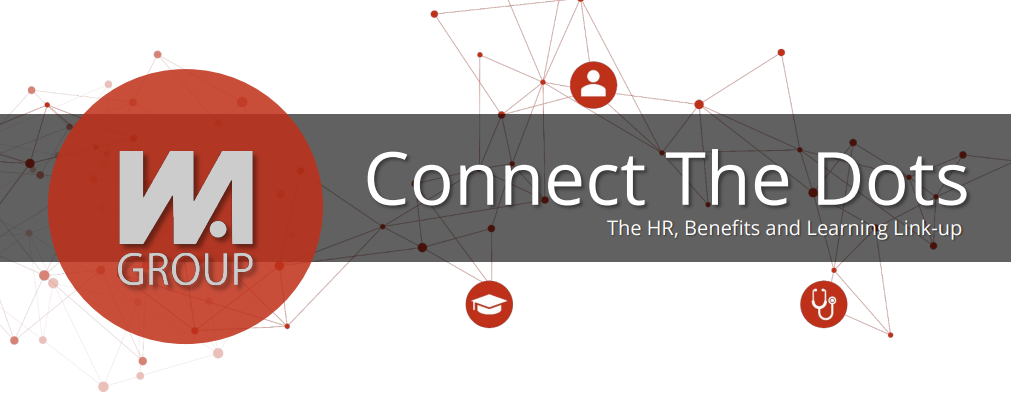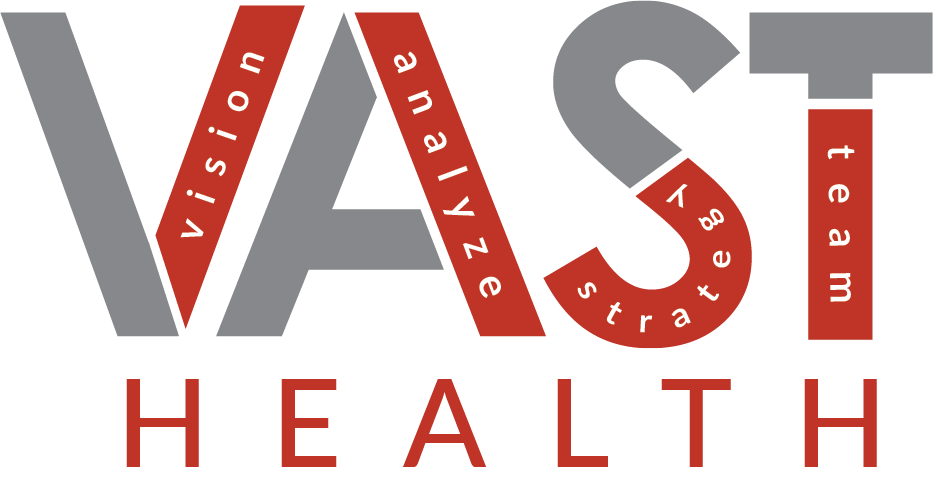EMPLOYEE BENEFITS / PLAN DESIGN
Plan Design
Our innovative plans prioritize employee satisfaction and retention to help you stay competitive in today's market. We understand the importance of cost control and offer strategic approaches to help you manage expenses. Let us help you elevate your organization and drive long-term success with our tailored solutions.
Employee Benefits Health Plan
Financing Options
An employee benefits health plan is a great way for your business to provide coverage for employees, but it can also be a bit of a financial challenge.
Fortunately, there are many ways to finance your employee benefits health insurance plan. You can choose from fully insured plans to self-insured or coalition plans depending on what works best for your company.
Fully-Insured
Who is it for: Employers with 2+ employees
How it works: The company pays a premium to the insurance carrier, who in turn pays the health care claims based on the coverage benefits outlined in the policy. This is the traditional way to structure an employer-sponsored health plan.
Pros: The carrier assumes the financial risk, the employer knows the costs ahead of time.
Cons: Costs are unlikely to decrease even with low utilization, potential for rate hikes, higher taxes.
Fully-Insured + HRA
Who is it for: Employers with 2+ employees
How it works: This combines the traditional employer-sponsored health plan with a Health Reimbursement Arrangement (HRA). HRAs are employer-funded group health plans that employees are reimbursed tax-free for qualified medical expenses.
Pros: The carrier assumes the financial risk, the employer knows the costs ahead of time, tax-free HRA plan for employees.
Cons: Costs are unlikely to decrease even with low utilization, subject to state rules and regulations.
Level-Funded
Who is it for: Employers with 2+ employees
How it works: Employers pay a set amount each month to a carrier. This amount typically includes the cost of administrative fees, the max amount of expected claims based on projections, and an embedded stop-loss insurance.
Pros: No community premiums, money back if low claims lead to surplus, better utilization reporting.
Cons: Potentially higher admin fees, out-of-pocket claims costs, contractual impact.
Self-Insured
Who is it for: Employers with 25+ employees
How it works: Employer sets aside some of its funds to pay for employees' medical expenses. Employees then contribute to the plan rather than pay traditional premiums.
Pros: Turn-key solution from fully-insured to self-insured, no gaps between the plan's coverage and stop-loss coverage, plans generally see net savings over a 3-5 year span.
Cons: Bundling of plan document, stop-loss, and network agreements limit plan customization, limited flexibility to reduce spending.
Coalition Model
Who is it for: Employers with 25+ employees
How it works: Similar to the self-insurance model, the employer sets aside some of its funds to pay for employees' medical expenses. Employees then contribute to the plan rather than pay traditional premiums. However, in the coalition model, we can select best-in-class vendors that meet the specific needs of the plan participants.
Pros: Pick and choose partners and providers to meet your specific usage needs, complete access to claims data to design your plan accordingly, plans generally see net savings over a 3-5 year span.
Cons: Failure to educate employees can impact how much the employer spends on health care, unbundled plans can create more administration.
Employee Benefits Plan Design
Blog:

Connect The Dots: September 2024

Connect The Dots: July 2024

Connect The Dots: June 2024

Connect The Dots: May 2024

Connect The Dots: April 2024

Employee Benefits are Essential for Recruitment and Retention
Get Peace of Mind, Work with One Agency
Having one agency handling all of your insurance needs allows you to gain both convenience and peace of mind in knowing your insurance is being managed effectively.
Winona Office
174 Center St.
Winona, MN 55987
(800) 657-4448
Woodbury Office
7616 Currell Blvd., Suite 290
Woodbury, MN 55125
(800) 657-4448
La Crescent Office
205 N. Chestnut St., Suite 101
La Crescent, MN 55974
(800) 657-4448



